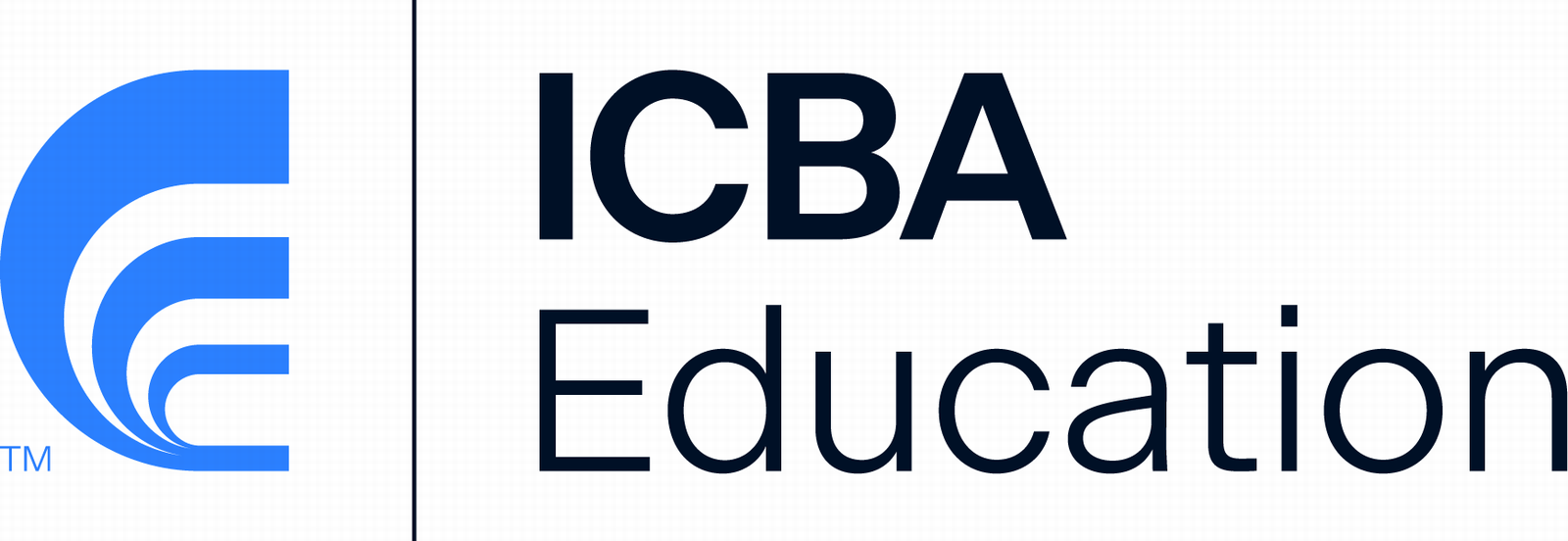Banking on the Future: Navigating the Rise of AI in Finance - Guest Article from Mauldin & Jenkins
 Over a quarter of companies forbid employees from using generative artificial intelligence (AI), but while prohibition may make leaders feel more secure, generative AI still poses a risk for every organization. Threat actors are using the technology to refresh long-standing scams and make them even more dangerous.
Over a quarter of companies forbid employees from using generative artificial intelligence (AI), but while prohibition may make leaders feel more secure, generative AI still poses a risk for every organization. Threat actors are using the technology to refresh long-standing scams and make them even more dangerous.
AI allows greater automation to increase efficiency and productivity, causing job displacement that necessitates re-skilling and upskilling, along with a realistic analysis of labor needs in the age of AI.
- AI expands data use to derive meaningful insights and improves decision-making. But the personal and sensitive information that AI systems collect, store and process creates security and privacy concerns.
- AI presents ethical dilemmas as we solve complex problems and make decisions using algorithms that can easily incorporate bias, whether intentional or not, and can be used maliciously and unethically.
- AI bears complexity that may have unintended consequences. Its ability to handle complex tasks and optimize processes can lead to events and challenges that we cannot reliably predict, identify or rectify.
- AI supports greater security while also opening the door to new security risks, including AI-powered cyberattacks, deepfakes and other malicious actions that threaten individuals, entities and societies.
Read the entire article, including 10 ways banks are using AI.


